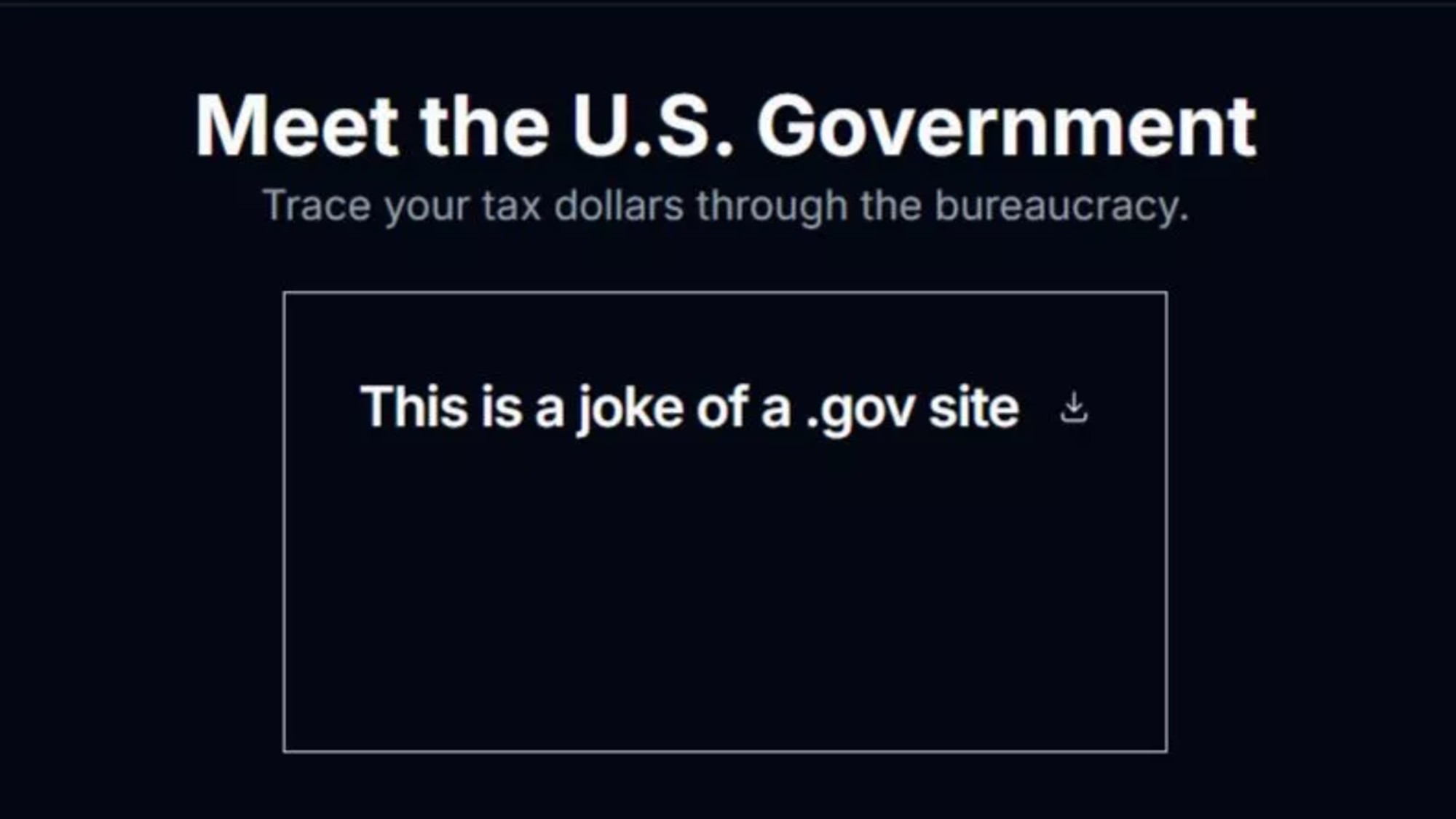Facebook denies censoring conservative topics
Social giant accused of manipulating its 'Trending' news sidebar to remove right-wing stories

A free daily email with the biggest news stories of the day – and the best features from TheWeek.com
You are now subscribed
Your newsletter sign-up was successful
Facebook has denied censoring its "Trending" news sidebar after a former employee claimed the social media giant would routinely suppress stories of interest to right-wing users.
The ex-worker, a journalist employed to develop the "highly-influential" section, told Gizmodo staff would prevent stories about conservative figures and events from appearing despite trending organically among the site's users.
"I'd come on shift and I'd discover that CPAC [the Conservative Political Action Conference] or Mitt Romney or Glenn Beck or popular conservative topics wouldn't be trending because either the curator didn't recognize the news topic or it was like they had a bias against Ted Cruz", said the source.
The Week
Escape your echo chamber. Get the facts behind the news, plus analysis from multiple perspectives.

Sign up for The Week's Free Newsletters
From our morning news briefing to a weekly Good News Newsletter, get the best of The Week delivered directly to your inbox.
From our morning news briefing to a weekly Good News Newsletter, get the best of The Week delivered directly to your inbox.
Gizmodo also claimed that news curators were encouraged to artificially float articles in the section, either to pick up stories dominating the front pages or to promote topics "deemed important for making the network look like a place where people talked about hard news".
The report comes just weeks after Facebook founder Mark Zuckerberg appeared to publicly denounce presumptive Republican presidential candidate Donald Trump during a developer conference.
The Guardian says the report has caused a "firestorm in conservative media circles", with prominent US conservative mouthpiece Breitbart saying it confirmed what conservatives had "long suspected".
In a statement, Facebook denied supressing conservative viewpoints and topics and said the site was a "platform for people and perspectives from across the political spectrum".
A free daily email with the biggest news stories of the day – and the best features from TheWeek.com
It also explained the system behind the feature, saying such censorship was "technically not feasible" as the tools used by reviewers do not allow them to discriminate against sources of particular "ideological origin".
"Popular topics are first surfaced by an algorithm, then audited by review team members to confirm that the topics are in fact trending news in the real world and not, for example, similar-sounding topics or misnomers," wrote Tom Stocky, who leads the section.
As the BBC explains, the list is "edited by humans so as to avoid regularly recurring topics – such as 'Lunch'".
Facebook also rejected claims that news stories such as the Black Lives Matter movement were artificially ranked: "We do not insert stories artificially into trending topics, and do not instruct our reviewers to do so," said Stocky.
He added: "We have in place strict guidelines for our trending topic reviewers as they audit topics surfaced algorithmically. At the same time, our reviewers' actions are logged and reviewed, and violating our guidelines is a fireable offense."
Ironically, Gizmodo's original story began trending on Facebook's trending topics section on Monday.
-
 The ‘ravenous’ demand for Cornish minerals
The ‘ravenous’ demand for Cornish mineralsUnder the Radar Growing need for critical minerals to power tech has intensified ‘appetite’ for lithium, which could be a ‘huge boon’ for local economy
-
 Why are election experts taking Trump’s midterm threats seriously?
Why are election experts taking Trump’s midterm threats seriously?IN THE SPOTLIGHT As the president muses about polling place deployments and a centralized electoral system aimed at one-party control, lawmakers are taking this administration at its word
-
 ‘Restaurateurs have become millionaires’
‘Restaurateurs have become millionaires’Instant Opinion Opinion, comment and editorials of the day
-
 Is social media over?
Is social media over?Today’s Big Question We may look back on 2025 as the moment social media jumped the shark
-
 Metaverse: Zuckerberg quits his virtual obsession
Metaverse: Zuckerberg quits his virtual obsessionFeature The tech mogul’s vision for virtual worlds inhabited by millions of users was clearly a flop
-
 Social media: How 'content' replaced friendship
Social media: How 'content' replaced friendshipFeature Facebook has shifted from connecting with friends to competing with entertainment companies
-
 Meta on trial: What will become of Mark Zuckerberg's social media empire?
Meta on trial: What will become of Mark Zuckerberg's social media empire?Today's Big Question Despite the CEO's attempt to ingratiate himself with Trump, Meta is on trial, accused by the U.S. government of breaking antitrust law
-
 What does an ex-executive's new memoir reveal about Meta's free speech pivot?
What does an ex-executive's new memoir reveal about Meta's free speech pivot?Today's Big Question 'Careless People' says Facebook was ready to do China censorship
-
 What's Mark Zuckerberg's net worth?
What's Mark Zuckerberg's net worth?In Depth The Meta magnate's products are a part of billions of lives
-
 Elon Musk's DOGE website has gotten off to a bad start
Elon Musk's DOGE website has gotten off to a bad startIn the Spotlight The site was reportedly able to be edited by anyone when it first came online
-
 What Trump's 'tech bros' want
What Trump's 'tech bros' wantThe Explainer Elon Musk, Mark Zuckerberg and Jeff Bezos had 'prime seats' at the president's inauguration. What are they looking to gain from Trump 2.0?